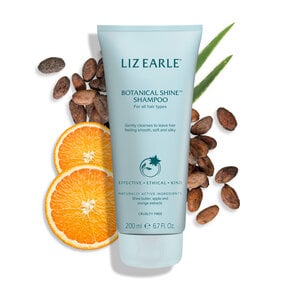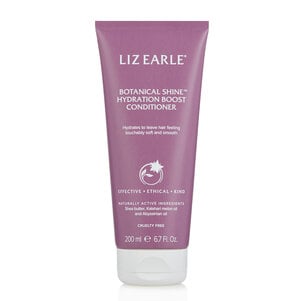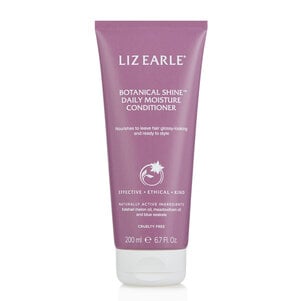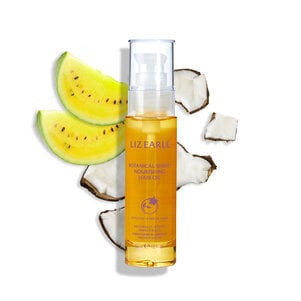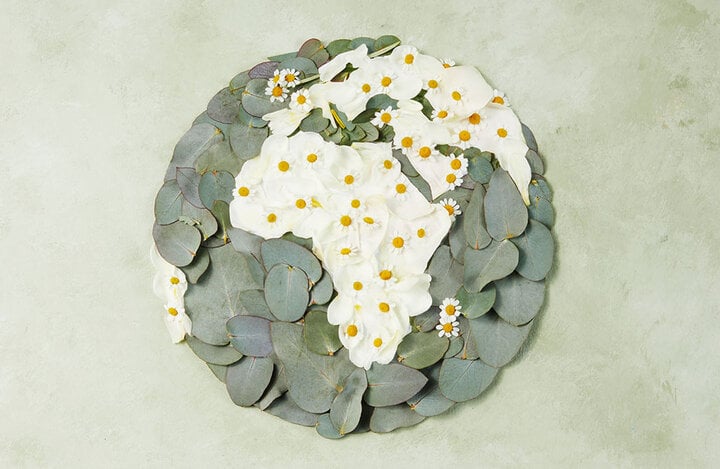
Earth Month
March 31, 2017
5 min read
Every year in April, people from all over the world celebrate Earth Month – an initiative founded in June 1968 by Brad Follett – in various ways. For us at Liz Earle, caring for Mother Nature is an intrinsic part of our lifestyle, and something we do every day. From the solar panels on the roof of our Island HQ to our mantra of ‘tread lightly’, we are always working on improving our environmental impact both at home and further afield. To mark this month, we’re excited to share with you some of the ways in which we give back to the earth by working closely with our ingredient growers and farmers, not only to ensure the quality of our ingredients but also to care for the environment, fair working conditions and incomes for communities.
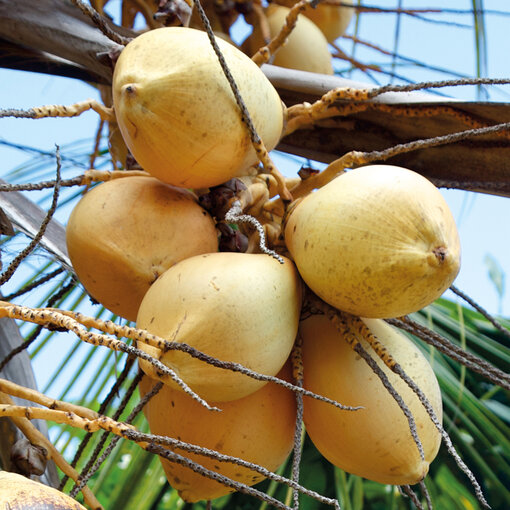
Coconut Oil (Coco nucifera)
Renowned for its moisturising and smoothing properties, we source the coconut oil for our Botanical Shine™ Haircare range from the Kenyan coast.
Our supplier’s mission is to empower the local people by capitalising on the natural resources of rural coastal Kenya by enabling their employees to produce a product with both local and international value. Since 2005, our suppliers have been working with a team of 20 locals and buying from more than 50 farmers along the coast of Kenya. Collectively, this means that around 500 people are positively impacted by this project as on average, seven people are supported by each worker or farmer.

Rosehip Seed Oil (Rosa rubiginosa)
We source our rosehips from Lesotho, in the highlands of South Africa. The rosehip bush thrives in temperate climates and has spread so dramatically it is classified as a pest by the relevant authorities in some areas. Due to this, the collection of seeds in the wild has been seen as a positive step to stop the spread of this plant while creating a whole new industry for South Africa. The collection groups are made up of local villagers who reside in these mountains, and the project has created a much-needed income source for these deprived communities.
As an industry, the farming of rosehips is very labour intensive – each hip requires handpicking and several stages of drying before the seeds can be removed from the hip and hairy fruit, and the oil pressed. The dried shells of the hips are sold for the production of rosehip tea, which also provides an extra income for the collection groups and communities involved.
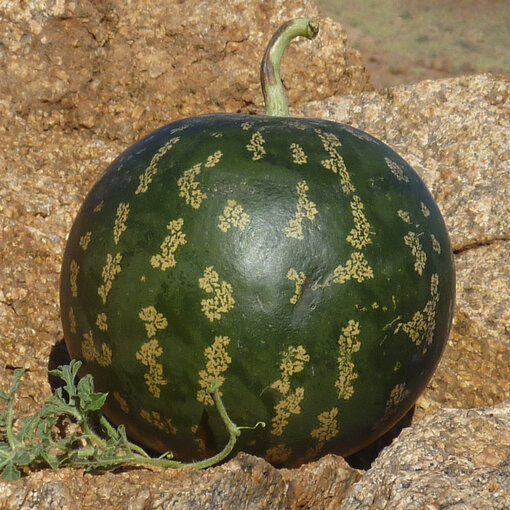
Kalahari Melon Oil
A wild-growing native of Southern Africa, we use Kalahari melon seed oil as a vital ingredient in our Botanical Shine™ Nourishing Hair Oil and Botanical Shine™ Conditioners. The high levels of Omega-6 the oil contains help moisturise and soften, something the people of Southern Africa have known for years – they have a long history of applying it to both skin and hair.
As they grow happily in vast numbers in the wild, Kalahari melons are well adapted to poor soils and drought, and so are well integrated into ecosystems of Southern Africa, without needing huge amounts of water or fertilizer to grow successfully. They are also easily cultivated by farmers, who grow and harvest the fruit before crushing it when ripe to manually extract the seed. The oil is then mechanically extracted from the seed and purified before use. This is a low-impact process which has a benefit to the local economy.
The seed oil used in our hair products is sourced from a cooperative in Namibia which is helping over 5000 women to increase their income, enabling them to improve their standards of living and send their children to school – something that wasn’t financially possible for them before.
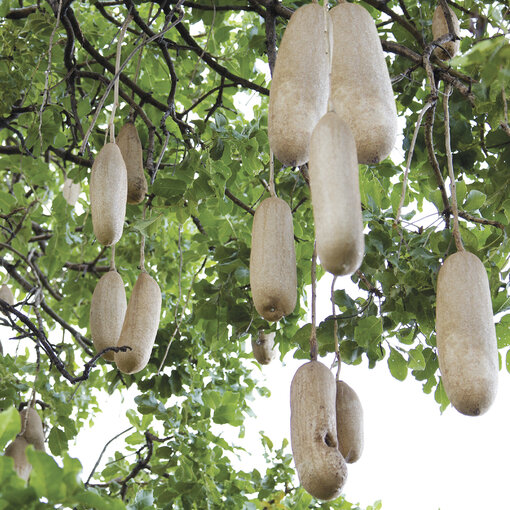
Kigelia Extract (Kigelia africana)
We source our Kigelia from an ethical biotrade company called TreeCrops in Malawi.
The Malawian forest is unfortunately rapidly disappearing from the eyes of the tribes and villages that live in and around it, as it is being cut down to make way for agriculture. The area that our kigelia comes from is the home of the Ngoni and Chewa tribes. Each village is made up of between 50 to 150 households, with between five and six people in a household.
To establish standards of good practice and quality, TreeCrops train their collectors – showing them the correct way to pick fruit, and educate the local people about their indigenous flora – helping preventing damage to the kigelia trees and wider biodiversity of the forest.
When a community commits land to TreeCrops, a benefit sharing scheme and a community body are set up to determine how the community’s income is spent. Each collector receives the agreed price for the collected fruit, and TreeCrops pays an additional premium to the collector’s community as an incentive for the wider community to join into the conservation program under TreeCrops. Each individual community derives wealth as a unit, which they use to benefit the whole, often through the repair of borehole pumps that provide safe water, as well as roofs for schools and bicycle ambulances.
SHOP THE PRODUCTS
